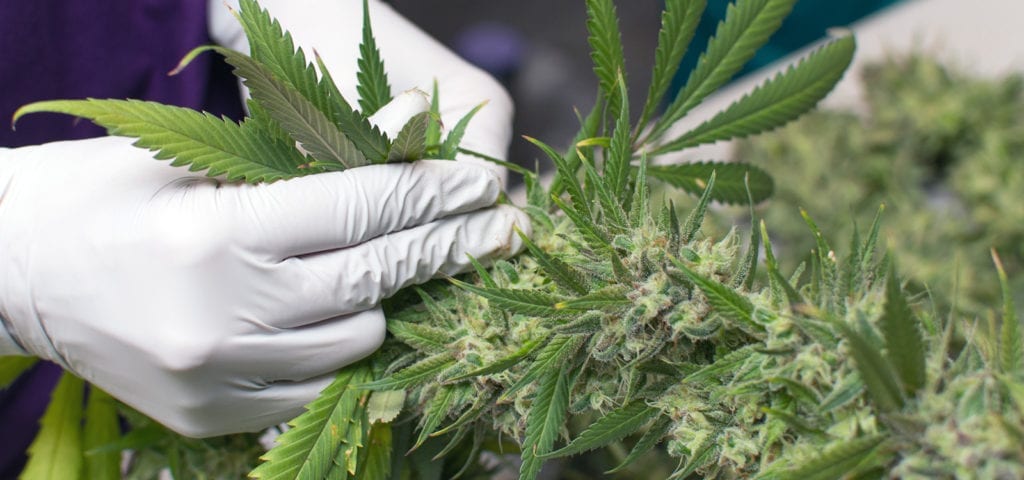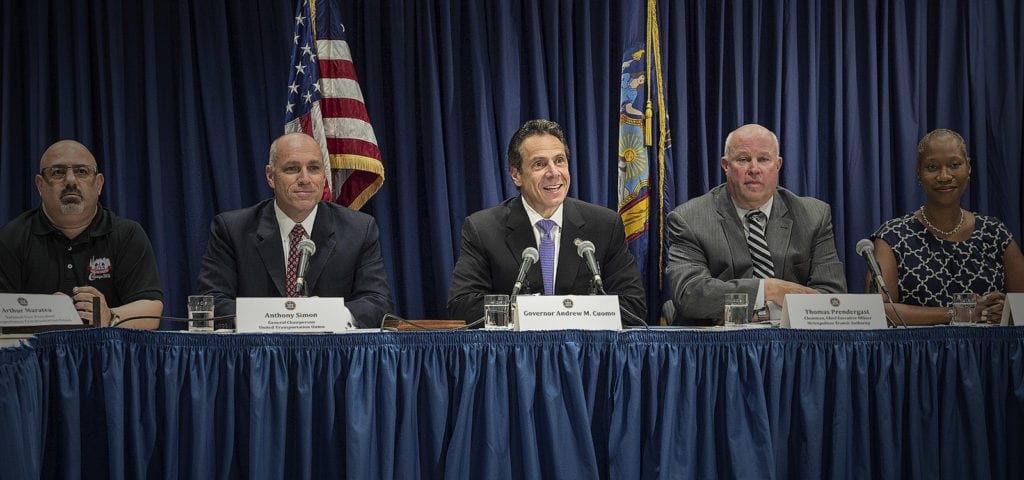The City of Los Angeles, California has granted its first licenses under the state’s new cannabis regime, according to an LA Weekly report. Regulators granted Mother Nature’s Remedy in Woodland Hills a medical cannabis permit and WHTC in Studio City an adult-use license.
David Slocum, owner of Mother Nature’s, said he chose not to apply for a recreational license because he wanted to see how the new sector shaped up; he’s operated his medical dispensary for 12 years.
“Not that I don’t want to apply for adult, but I don’t want to apply and be the first black man arrested for it. Not state and not local, but federally. There are only five black owners in the whole city. When I spoke with everybody, we all decided not to apply for a recreational right away, but to apply for our medicinal first.” – Slocum to LA Weekly
The manager of WHTC said they had applied for a city license as soon as they were able – 10 days ago.
“We got an email yesterday [Friday] morning, and then we ran to the office to complete what we needed to do, and we are licensed in the city. We’ve already submitted to the state — we’re very efficient — and I hear that the state is processing things quickly. Yesterday, we started to get prepared as much as we could so that we’re ready. We’re hoping to be recreational by Monday at the latest.” – Jackie (no last name given), to LA Weekly
Under the new city rules, the only Los Angeles dispensaries allowed licenses are those open since 2007 and who are Prop D eligible.
End























